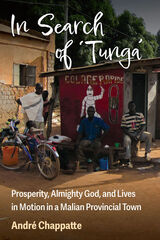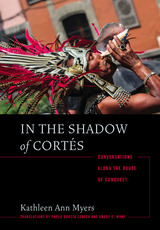Taras Shevchenko: A Portrait in Four Sittings
Harvard University Press
Cloth: 978-1-932650-14-3
See other books on: Biography & Autobiography | Grabowicz, George G. | Literary Figures | Portrait
See other titles from Harvard University Press
Cloth: 978-1-932650-14-3
ABOUT THIS BOOK
ABOUT THIS BOOK
Taras Shevchenko (1814–1861), whose bicentennial coincided with the momentous events occurring in Ukraine in 2014, is almost universally acclaimed as the father of the modern Ukrainian nation and the icon of its cultural and political resurgence. Despite the volume and range of the scholarly attention devoted to him, however, much about his biography and creative output remains murky, largely as a result of the cult and myth that still envelop his legacy. This revisionist study reexamines the four basic frames that structure this legacy: Shevchenko’s biography, his career as a painter, the nature of his poetry, and its counterpoint in his considerable prose output. The questions addressed are fundamental: How did a former serf from the provinces become a presence at the imperial court in St. Petersburg? How could he reconcile a promising career in art and the world of patronage with his revolutionary poetry? How is a national poet made, and how does he function in the face of an official prohibition against writing and painting? And what does his Russian prose tell us about the Ukrainian voice of the national poet? The portrait that emerges shows a much more complex writer and artist than the icon intimates.
See other books on: Biography & Autobiography | Grabowicz, George G. | Literary Figures | Portrait
See other titles from Harvard University Press












